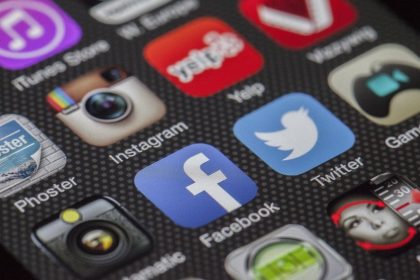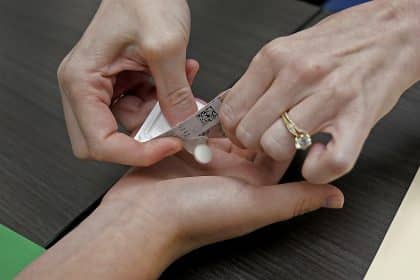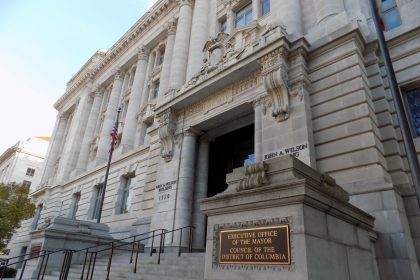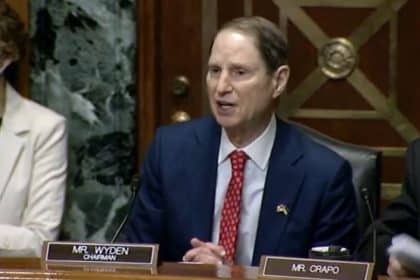House Votes Overwhelmingly to Put the Kibosh on Robocalls

WASHINGTON – The House last week voted overwhelming to advance a bill designed to tamp down on robocalls by increasing the fines on those who make them and requiring phone companies to play a more active role in stopping them.
The bill, the Pallone-Thune Telephone Robocall Abuse Criminal Enforcement and Deterrence (TRACED) Act, is named after its House and Senate sponsors, Rep. Frank Pallone Jr., D-N.J., and Sen. John Thune, R-S.D.
It was approved 417-3.
The bill increases the fine for robocalls to $10,000 per call and requires phone companies to strengthen caller ID to make it harder for robocallers to impersonate others.
It also requires phone companies to offer free robocall blocking features to all customers.
In a statement released after the vote, Sen. Thune said, “In today’s political climate, it’s hard to find an issue on which almost everyone can agree, but we found one with the TRACED Act.”
“With House passage of our bipartisan, bicameral legislation to protect consumers from pesky and sometimes financially harmful robocalls, we are one step closer to getting this legislation to the president’s desk,” he said.
“Today the House will take strong bipartisan action to protect consumers from illegal robocalls,” Pallone said.
“A whopping 5.6 billion robocalls were made to Americans in November alone. Today, the House is giving Americans back control of their phones,” he added.
The three no votes were cast by Rep. Justin Amash, I-Mich., Andy Biggs, R-Ariz., and Thomas Massie, R-Ky.
Amash and Biggs have not explained their votes, but Massie said afterward that he feared the bill gave the FCC too much power.
Among other things, the TRACED Act gives government regulators more time to find scammers and penalize them more aggressively.
Additionally, it requires the FCC to deliver reports to Congress on a regular basis to describe the actions it is taking against robocalling operations.
In addition, Reps. Debbie Dingell, D-Mich., and Michael Burgess, R-Texas, successfully introduced an amendment to the Act which would compel the FCC to establish a Hospital Robocall Working Group tasked with developing best practices to combat robocalls. Hospitals are a popular target for robocalls, which dangerously disrupt communication.
According to call-blocking service YouMail, Americans received a record-breaking 5.7 billion robocalls in October, a 25% increase from September, and a 7% increase over the previous all-time high of 5.2 billion robocalls in March 2019.
With this latest jump, the U.S. has received roughly 49 billion robocalls already this year, more than were received during the full year of 2018, the service said.























